Ringleader of separatist group behind 2018 Ahvaz terrorist attack appears in court
The ringleader of a separatist group behind the 2018 deadly terrorist attack in the Iranian city of Ahvaz, Khuzestan’s provincial capital, has appeared in court for the first time since his arrest.
Habib Farajollah Chaab, also known as Habib Asyud, the ringleader of the SMLA terrorist group, stood trial at branch 26 of Tehran’s Islamic Revolution Court on Tuesday.
According to an indictment, he is charged with “managing and heading the SMLA terrorist group as well as planning and carrying out numerous bombing and terrorist operations in Khuzestan Province and destroying public property in order to counter the Islamic Republic of Iran’s establishment.”
He is also charged with bombing operations at the Housing and Urban Development Office, Planning and Budget Organization, and Department of Environment in Ahvaz.
Chaab’s other charges include bombing operations targeting the governorates of Dezful and Abadan and oil pipelines in the cities of Abadan, Ahvaz, and Mahshahr, and also planning a bombing attack against Ahvaz’s Judiciary office.
The SMLA, which is directly supported by foreign intelligence agencies, has been pushing to separate Khuzestan — home to the country’s Arab population — from the rest of Iran through engaging in an armed conflict against the Iranian government.
In September 2018, it claimed responsibility for an attack on a military parade in Ahvaz that killed 25 people, including members of Iran’s Islamic Revolution Guards Corps (IRGC) and civilian bystanders, and injured 70 others.
Chaab was arrested in November 2020 on the back of a set of “specialized and combined measures” by Iranian intelligence forces.
During Tuesday’s hearing, the prosecutor's representative said the SMLA's operations are designed with the Saudi backing in Sweden and Denmark, where the group's ringleaders are residing.
European and Arab countries have failed to extradite the terrorists to the Islamic Republic despite a red notice issued against them, he noted.
“In addition to intimidating and threatening Iranian citizens, SMLA elements call for violence in their accounts on social networks.”
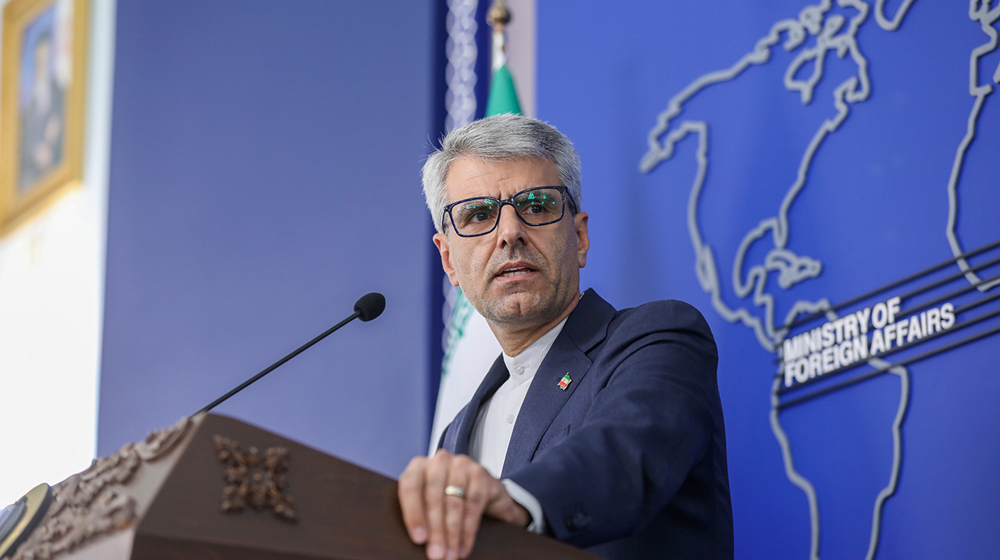
‘End to violence’: Iran welcomes PKK leader’s call for group to drop weapons, disband
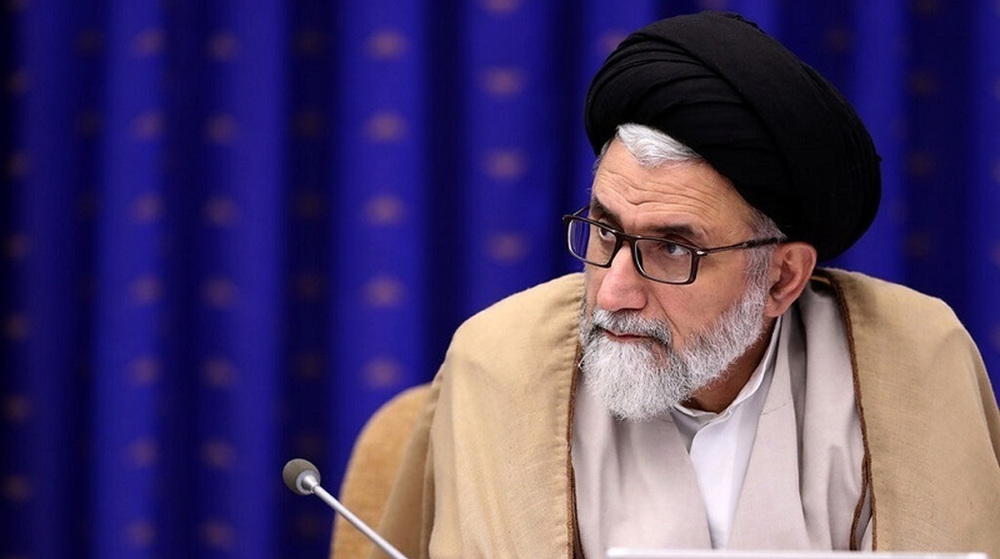
Minister: ‘Imported elements' seeking to create chaos in southeast Iran
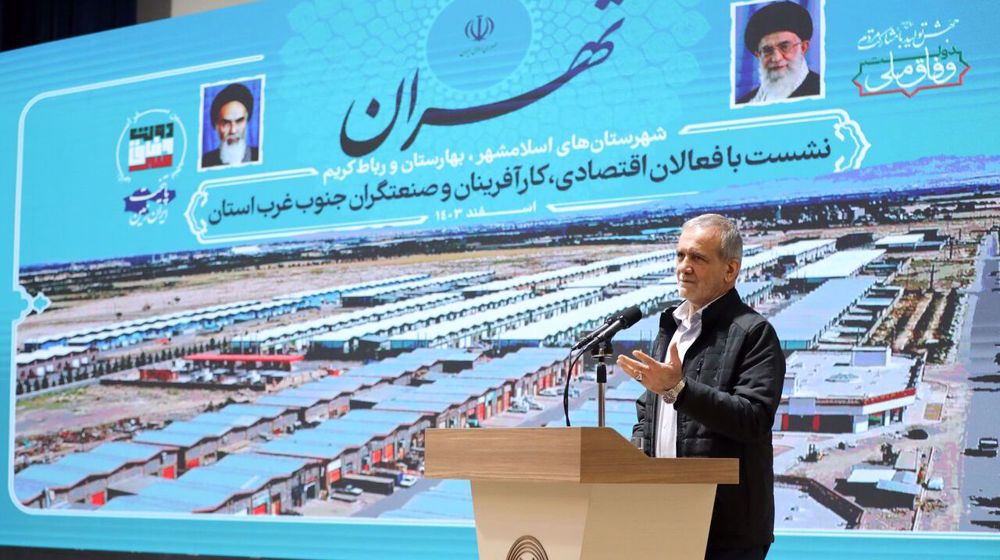
Pezeshkian: Iran open to talks but won’t capitulate to bullies
VIDEO | Iran, Pakistan strengthen media cooperation to foster cultural ties
VIDEO | BRICS workshop in Tehran strengthens innovation, cooperation
Iran condemns deadly bombing in Pakistan, stresses regional unity to fight terror
Jordanians rally en masse to censure Trump's Gaza takeover plan
VIDEO | Press TV's news headlines
Iraq asserts commitment to security agreement with Iran
VIDEO | 'Crushing calamity’: Israeli forces tighten West Bank restrictions, torch homes in Tulkarm
China vows response after Trump announces new 10% tariff


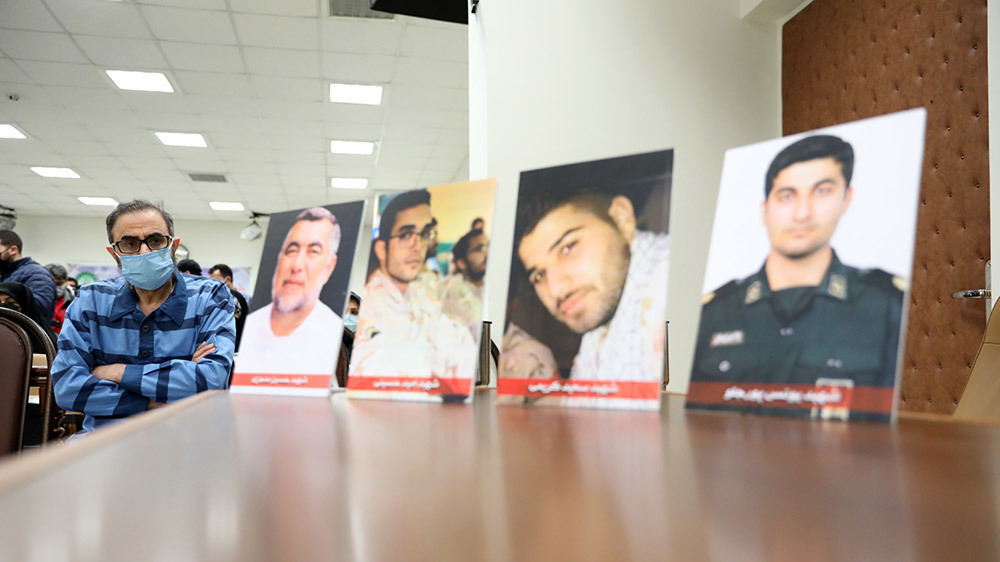
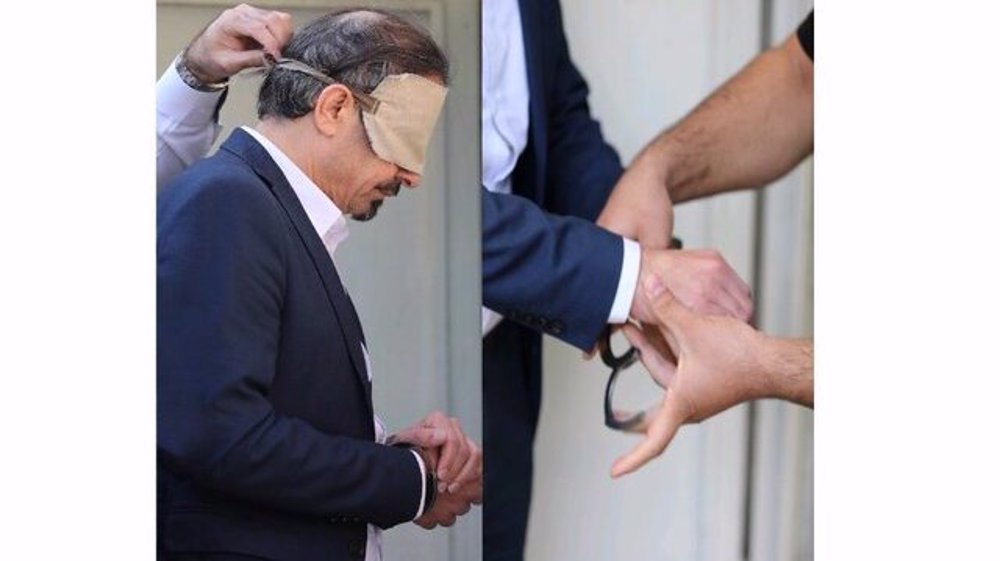



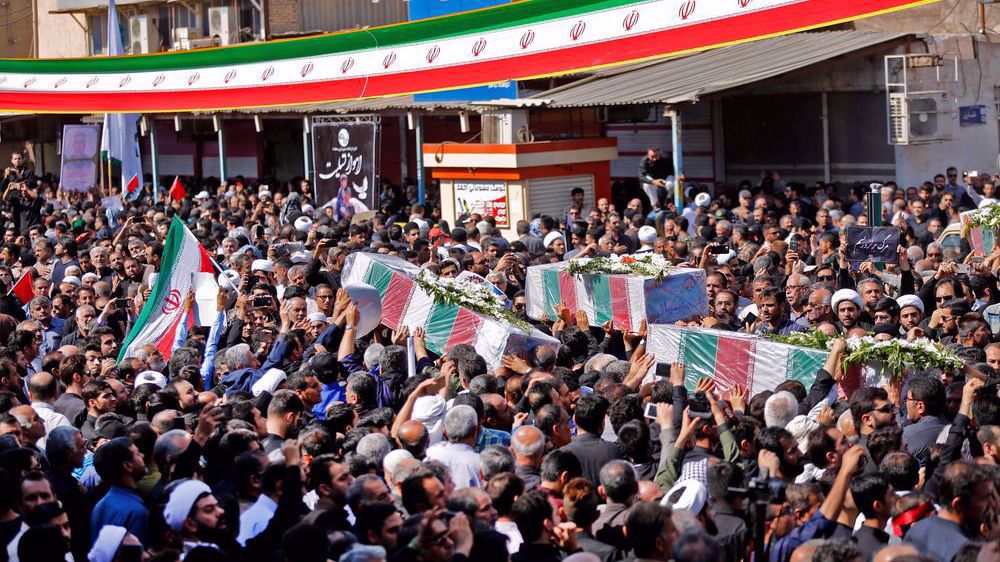
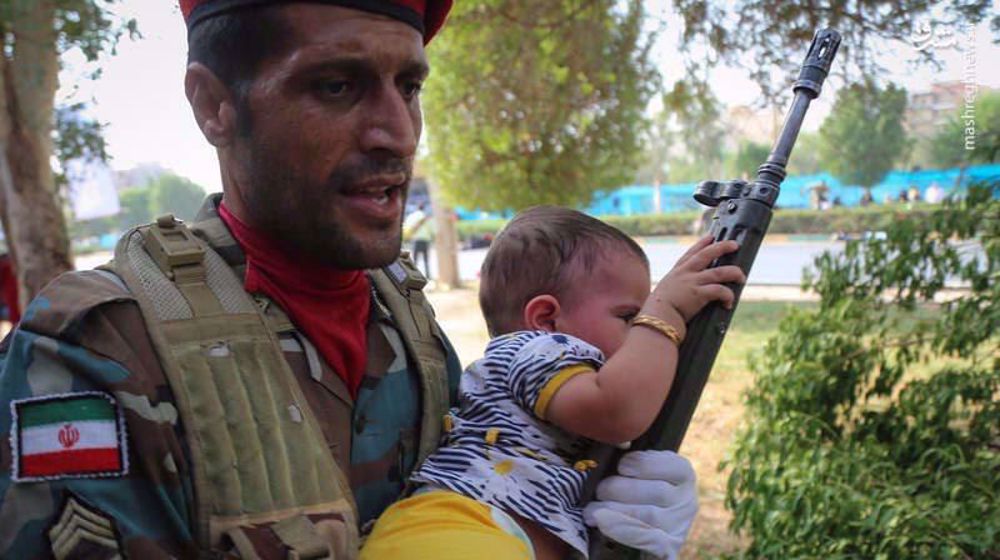
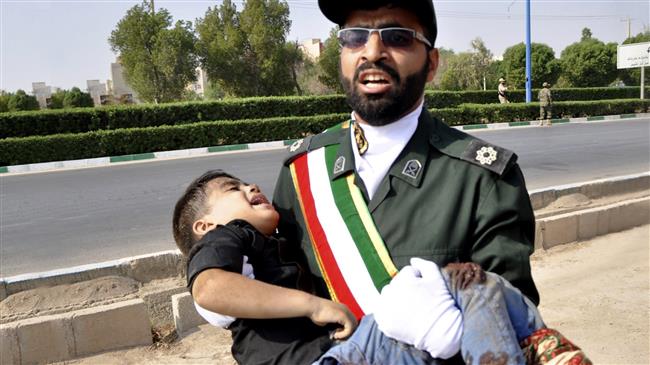
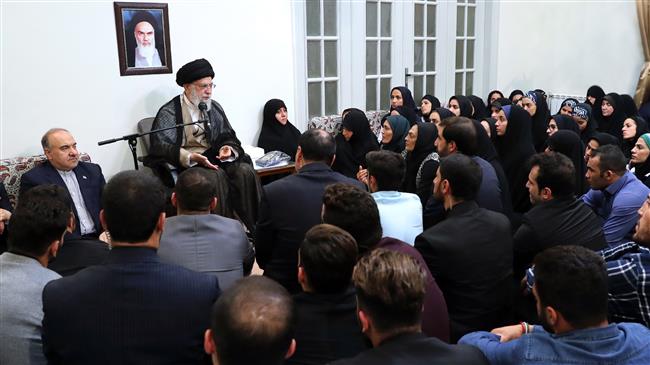


 This makes it easy to access the Press TV website
This makes it easy to access the Press TV website